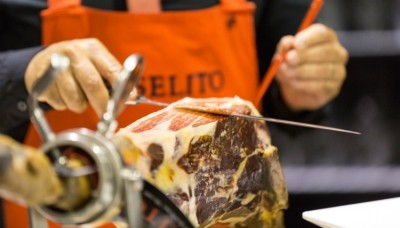Horsemeat trading ring dismantled by police

The operation, which had ties to Belgium, France, Italy, Portugal, Romania, Switzerland and the United Kingdom, has led to the arrest of 66 people. The majority of those (65) were arrested in Spain and charged with crimes such as animal abuse, document forgery, perverting the course of justice, crimes against public health, money laundering and being part of a criminal organisation.
This investigation is linked to the horsemeat scandal that rocked the meat industry in 2013 when Irish authorities detected horsemeat in beef burgers. This led to Guardia Civil initiating Operation Gazel which examined unusual behaviour in horsemeat markets in Europe including the forging of animal identification.
Operation Gazel resulted in the identification of a Dutch businessman related to the Irish beef burger contamination, who was based in Alicante, Spain, as well as the group’s activities across Europe.
Supercars seized
The arrest of the leader of the criminal group was carried out in Belgium, and was coordinated by the Federal Police, the Federal Food Agency in Belgium and Guardia Civil.
As a result of these arrests, several bank accounts and properties were blocked or seized, and five luxury cars seized.
During the searches at the slaughterhouses and facilities, several samples were taken. The results concluded that the destination of the horsemeat was mainly outside of Spain, due to the fact that the samples in Spain matched those found abroad.
The fallout from the 2013 horsemeat scandal is still being felt today, with the trial of three men involved currently taking place in the UK.
This is third major meat investigation by the Spanish police in as many months. In May, Guardia Civil investigated a company that was alleged to be adding other products such as pork, bread and fat to beef burgers to bulk them up, while in June, the police arrested owners of a warehouse that was keeping meat in close proximity to mice and dead birds.
Despite these high profile cases, the National Meat Processing Industries Association of Spain said “illicit activity is rare”.




















